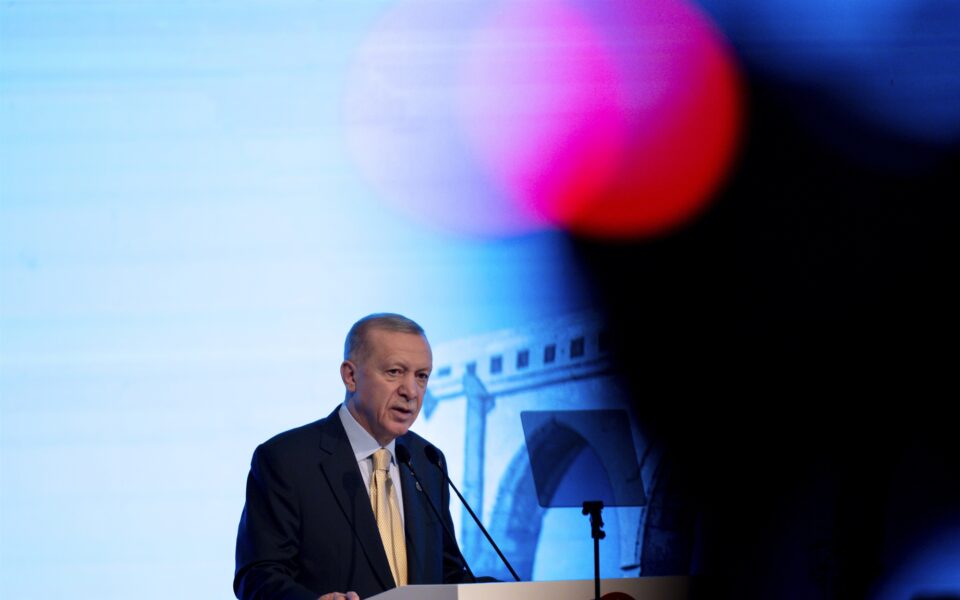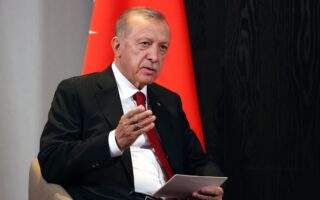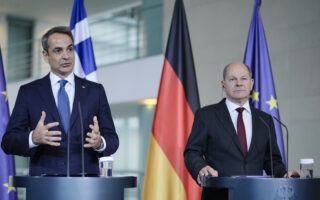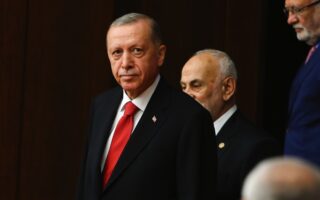What is next for Greece and Turkey?

The visit of Turkish President Recep Tayyip Erdogan to Greece echoes the ongoing detente in Greek-Turkish relations. This year has been characterized by some stability as tensions are much lower in comparison to the past. Both countries and their peoples benefit from this situation.
The risk of military accidents is minimized, the economic cost of sustaining military maneuvers is reduced, public communication serves pragmatic interests, including the management of the migration crisis, and trade can further flourish. According to Greek statistics, for instance, bilateral trade was on the rise under much worse conditions for Greek-Turkish relations. It reached €5.3 billion in 2022 from €4.4 billion in 2021, and €2.8 billion in 2020, the first year of the pandemic.
What is thus expected from President Erdogan’s visit and his meeting with Prime Minister Kyriakos Mitsotakis is for the ongoing stability to be preserved. Diplomacy can harmoniously work when leaders set the paradigm and other politicians follow suit. History demonstrates that this can happen indeed. We should not only look at the post-1999 phase but also at the 1935-1955 period and learn some lessons.
Of course, diachronic problems remain unresolved. The different positions of Greece and Turkey are well-known, and the trauma of the past, principally in Cyprus, will not be forgotten. It is feasible, however, for the two countries to elaborate on a model in their bilateral relationship that will allow some progress in the long term in settling the maritime dispute.
This can move forward in tandem with the positive agenda. Critics in both Greece and Turkey might not be in accord. But they should also ask themselves whether this year is better than the years before and provide a frank answer.
Critics in both Greece and Turkey might not be in accord. But they should also ask themselves whether this year is better than the years before and provide a frank answer
The Israel-Hamas war in the Middle East can somewhat perplex matters as Turkey does not designate Hamas as a terrorist organization. Even here, however, Athens and Ankara do not disagree on how the problem might be ultimately solved.
They both support the creation of a Palestinian state as a matter of principle. The meeting between Premier Mitsotakis and President Erdogan will certainly address this theme.
Above all, Greece is interested in facilitating Turkey’s cooperation with the EU. A recent official report presented to the European Commission outlines areas where joint action could be forged between Brussels and Ankara. The modernization of the Customs Union, dialogue on foreign policy, trade and connectivity, controlling irregular migration and visa procedures constitute examples.
Detente in the Greek-Turkish relationship helps in this matter. The visit of President Erdogan to Greece will bring no breakthrough. But it will be another step in the right direction of looking at the glass as half-full rather than half-empty.
Dr George N. Tzogopoulos is a lecturer at the European Institute of Nice (Cife), and a fellow at the Hellenic Foundation for European and Foreign Policy (ELIAMEP) and the Begin Sadat Center for Strategic Studies (BESA).





